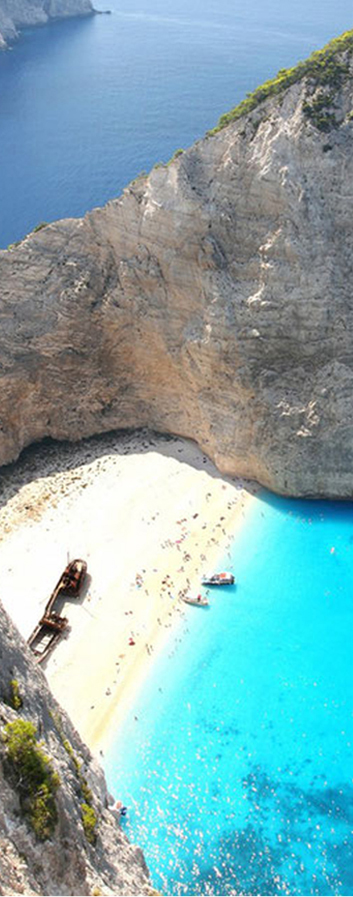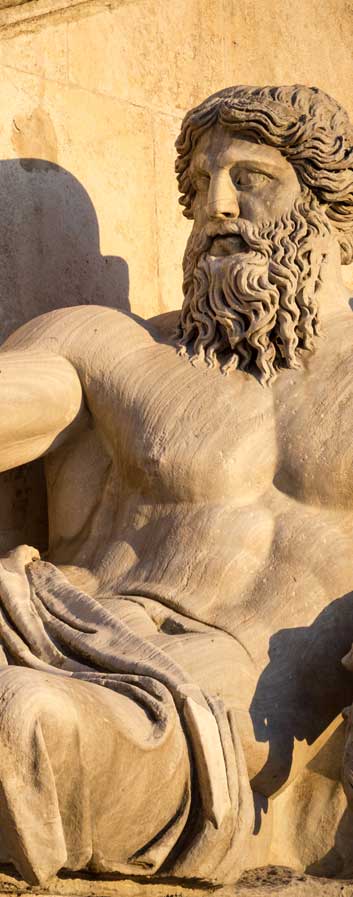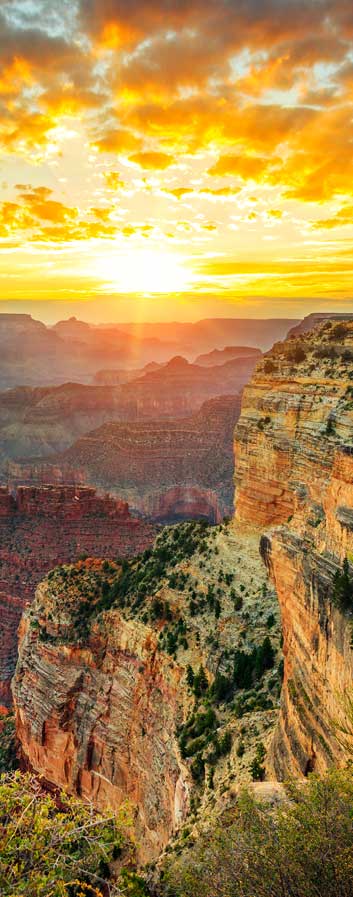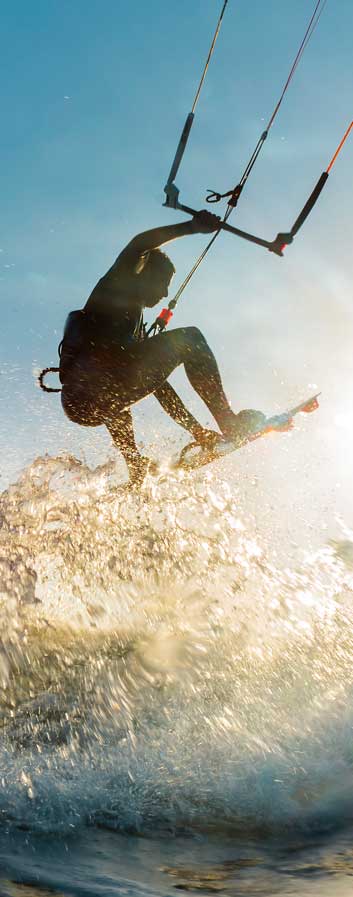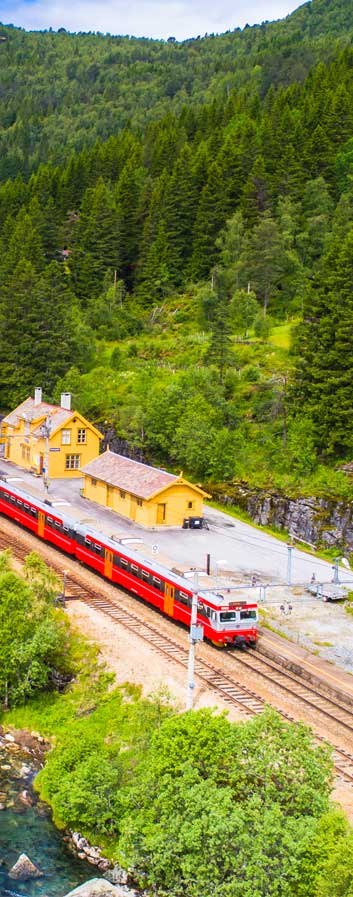Willowbank Wildlife Reserve
To visit Willowbank is to participate in a story. Willowbank is not just a wildlife park with a collection of exhibits - it is a holistic New Zealand wildlife experience. Combining conservation, culture and New Zealand cuisine Willowbank is your opportunity to experience New Zealand's endangered wildlife in a natural setting. Take the opportunity to dine in our award winning restaurant, and enjoy Ko Tane - a pre-European Maori village and an interactive Maori cultural experience; all in one great location.
The story tells of the development of a young country breaking off from Gondwanaland, and the establishment of its wildlife as a 'step frozen in time'. It tells of the coming of the indigenous people and their impact. The arrival of the colonists and the mistakes and lessons that have have been made and learnt. It completes the story with a roadmap into the future, and how we can all take part in forging that future. It is a 'New Zealand Experience'
This unique South Island attraction was established in 1974 by the Willis family, and is still owned and operated by the same family today. Situated on 18 hectares of river gravel, it has taken many years of planting and care to create the lush surroundings Willowbank has today. Willowbank is a special place combining native New Zealand wildlife, rare breeds, nature and culture – all within the boundaries of Christchurch city.
The staff and owners of Willowbank work alongside the New Zealand Conservation trust, particularly with the kiwi breeding program “Operation Nest Egg”. Willowbank is privately owned and receives no government funding. We are extremely grateful for donations. Willowbank has doubled the population of Okarito kiwis thanks to the contribution that visitors to the park have made to the conservation of the kiwi through your reserve entrance ticket.
There are approximately 50 different types of animal (up to 500 individual animals) found in enclosures and wandering free.


